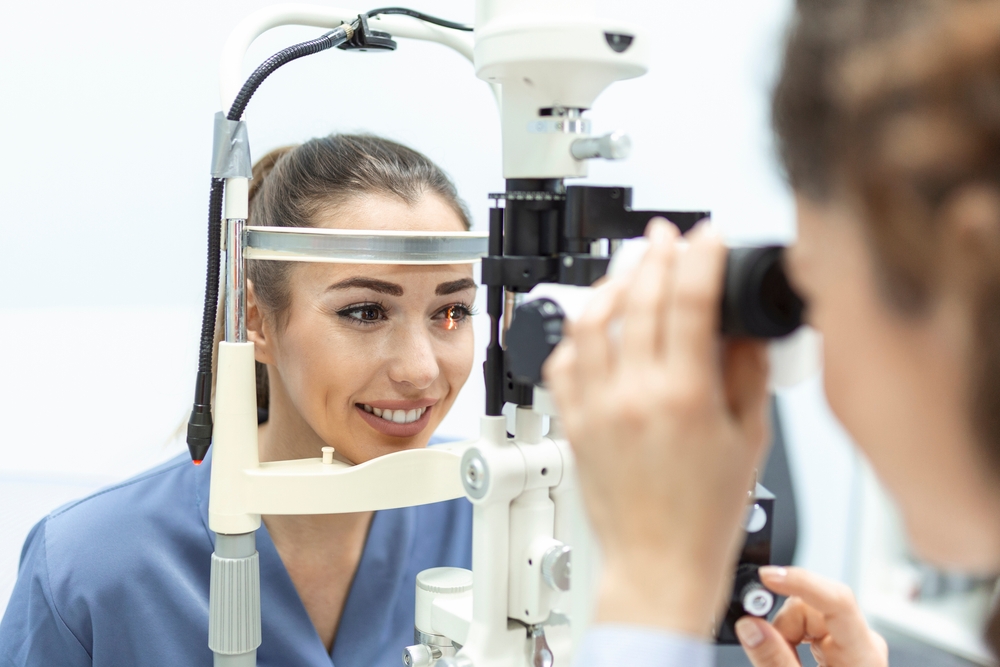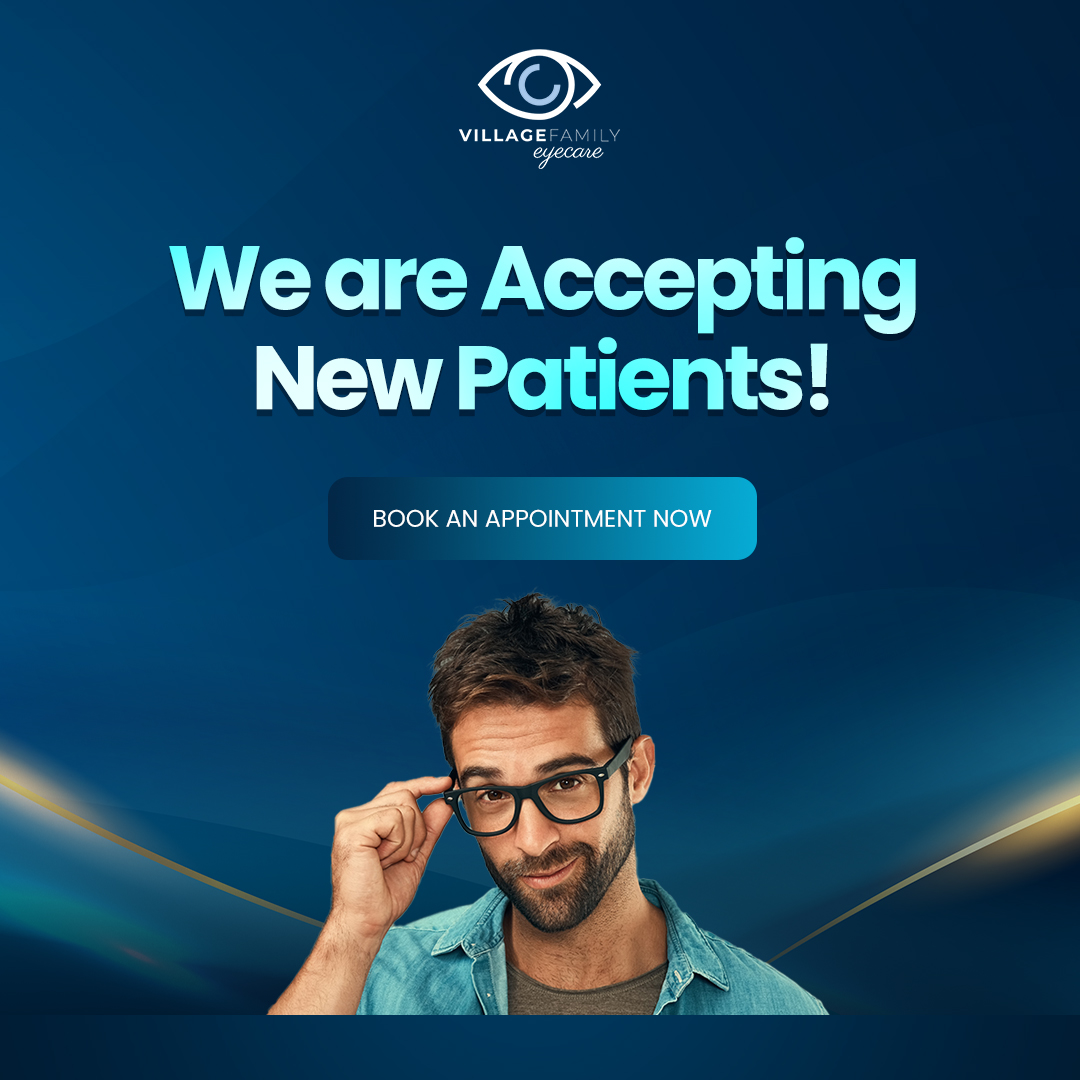
Routine eye exams are an essential component of maintaining good eye health and overall well-being. Many people often overlook the importance of regular eye check-ups, assuming that if they can see clearly, their eyes must be healthy. However, comprehensive eye exams are crucial for detecting potential eye conditions and diseases that may not present obvious symptoms in their early stages.
What is a Comprehensive Eye Exam?
A comprehensive eye exam is a thorough evaluation of your vision and eye health. It encompasses various tests and procedures conducted by an optometrist to assess your visual acuity, eye coordination, and overall eye health.
What to Expect During Your First Eye Exam
If it's your first time visiting an optometrist, you may be unsure of what to expect during your eye exam. Here's a breakdown of what typically happens during a first eye exam:
- Medical history review: Your optometrist will begin by asking you about any eye-related symptoms you may be experiencing and your general medical history. They will inquire about any medications you are currently taking, as well as any previous eye surgeries or treatments.
- Visual acuity test: This test measures how well you can see at various distances. You will be asked to read letters or numbers from a chart, covering one eye at a time. This helps determine if you need vision correction.
- Refraction test: This test determines your eyeglass or contact lens prescription. You will look through a device called a phoropter, which contains different lenses. The eye care professional will ask you to compare the lenses and indicate which ones provide clearer vision.
- Eye muscle movement test: This test checks the coordination and movement of your eyes. You will be asked to follow an object with your eyes as it moves horizontally and vertically. This helps detect any muscle imbalances or weaknesses.
- Pupil and eye pressure evaluation: Your eye doctor will examine your pupils and measure the pressure inside your eyes using a non-contact tonometer. This helps screen for conditions like glaucoma.
- Slit-lamp examination: A slit lamp is a microscope-like instrument that allows your doctor to examine the front structures of your eyes in detail. They will evaluate the cornea, iris, lens, and other parts for any abnormalities or signs of disease.
- Dilated eye examination: In some cases, your optometrist may dilate your pupils using eye drops to get a better view of the back of your eyes. This allows them to examine the retina, optic nerve, and blood vessels for signs of diseases like macular degeneration or diabetic retinopathy.
Common Eye Conditions Detected During Routine Exams
Routine eye exams play a crucial role in the early detection of various eye conditions. Here are some common eye conditions that can be detected and monitored during these exams:
- Nearsightedness (myopia): Nearsighted individuals have difficulty seeing distant objects clearly. This condition can be detected through visual acuity testing and refraction testing during an eye exam.
- Farsightedness (hyperopia): Farsighted individuals have difficulty seeing objects up close. This condition can also be detected through visual acuity and refraction testing.
- Astigmatism: Astigmatism refers to an irregular curvature of the cornea, leading to distorted or blurred vision. It can be detected through refraction testing and corneal evaluation during an eye exam.
- Glaucoma: Glaucoma is a group of eye diseases that cause damage to the optic nerve, leading to vision loss. It is often asymptomatic in its early stages, making routine eye exams vital for early detection and management.
- Cataracts: Cataracts are the clouding of the eye's natural lens, causing blurry vision. Routine eye exams can detect the presence and progression of cataracts, allowing for timely referral to an ophthalmologist if necessary.
- Macular degeneration: Macular degeneration is a progressive condition that affects the central part of the retina, leading to central vision loss.
- Diabetic retinopathy: Diabetic retinopathy is a complication of diabetes that affects the blood vessels in the retina. Routine eye exams are essential for monitoring the progression of diabetic retinopathy and preventing vision loss.
Why Regular Eye Exams are Crucial for Eye Health
Regular eye exams are crucial for maintaining good eye health and overall well-being. Many eye conditions, including glaucoma, macular degeneration, and diabetic retinopathy, often show no symptoms in their early stages. Regular eye exams can detect these conditions early, allowing for timely treatment and management.
By identifying and managing eye conditions early, routine eye exams can help prevent vision loss or slow down its progression. This allows for better preservation of visual acuity and quality of life.
Our vision can change over time, and routine eye exams allow for monitoring these changes. This ensures that your prescription for glasses or contact lenses remains up-to-date, providing you with the clearest vision possible.
Additionally, routine eye exams allow you to establish a relationship with your eye care professional. They can provide personalized advice on maintaining good eye health, answer your questions, and address any concerns you may have.
Schedule Your Next Eye Exam with Village Family Eye Care Today
Routine eye exams are essential for maintaining good eye health and overall well-being. These comprehensive exams can detect vision problems, identify eye conditions, and monitor changes in your vision over time. By attending regular eye exams, you give yourself the best chance of early detection and treatment, preventing vision loss and preserving your visual acuity.
Prioritize regular eye exams and take an active role in caring for your eye health, visit Village Family Eye Care at our office in Ada, Michigan. Please call (616) 271-0988 to schedule your eye exam with Dr. Jones today.







